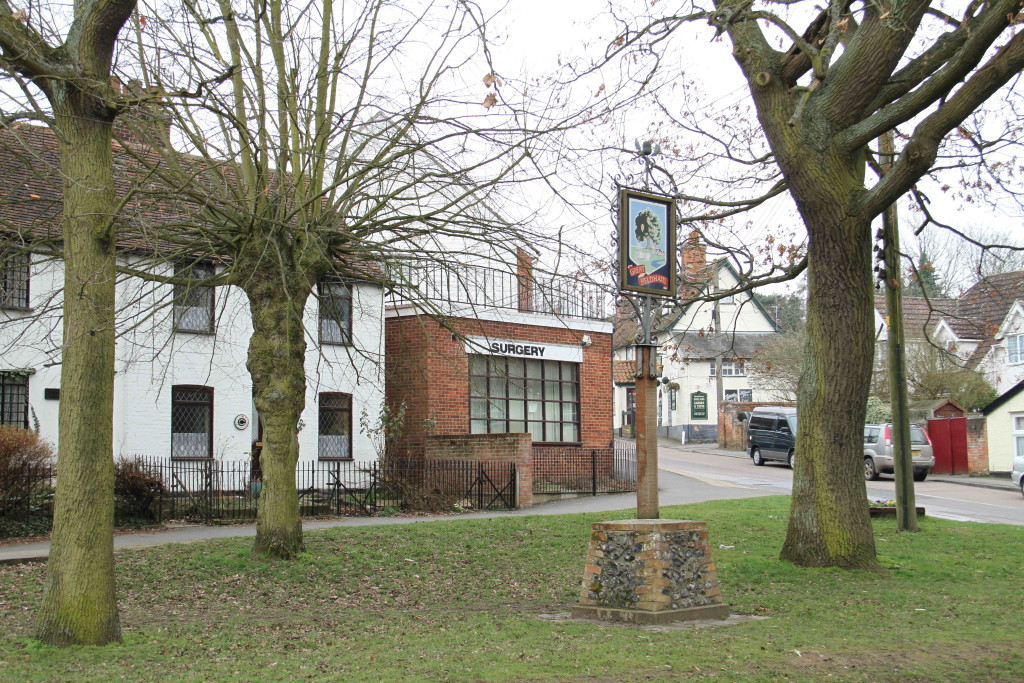As the election campaign begins in earnest, the NHS has become one of the key areas over which the political parties will attempt to persuade the voters that they are best to protect, what Nigel Lawson once called the closest thing we have to a religion.
More often than not when politicians refer to the NHS, they almost always mean the hospitals and GP surgeries in towns and cities. As a result, much of the analysis and policy is urban-centric. For the eight million patients of dispensing practices, which can only be found in rural areas, and the doctors who provide the service, this can become a little wearing.
Dispense practices pre-date the NHS and can be traced back to the introduction of National Insurance in 1911. They exist only in rural areas where a community pharmacy is not economically viable.
What might be a wonderful solution to the problems of urban areas, like federating practices for example, may not necessarily be of any practical use in a vast area of remote and rural Britain where the population is sparse, the transport network is less well developed and 3G and superfast broadband are just the stuff of glitzy TV and newspaper advertisements.
The challenges of providing GP services in rural Britain are not just limited to its geography. There tend to be more elderly patients with chronic diseases, who do not necessarily want to receive an appointment at 8pm during the week, or a Skype consultation. For them, and for many rural patients, the local surgery is at the centre of the community and does not just offer them their GP service. In addition, deprivation is more difficult to find and deal with and is often not accurately reflected in the NHS funding formula for practices in rural areas.
Rural practices also dispense medicines to their patients, where a pharmacy is not economically viable in the area. This highly popular, one-stop-shop service also subsidises the provision of the GP service, when it might not otherwise be viable. As NHS GP budgets continue to be squeezed through austerity, it is the dispensing service which keeps rural practice afloat. Many people are unaware of this and assume that the service will continue to be there because it always has been.
As the recent TV and newspaper stories demonstrate, the NHS is under unprecedented pressure due to patient demand and the lowest increase in the budget since its inception. GP surgeries are finding it increasingly difficult to recruit young doctors and the NHS review of practice funding disproportionately affects rural practices. Taken together, these represent a daunting challenge for whichever of the parties forms a Government after 7th May.
The Dispensing Doctor’s Association (DDA), of which I am Chief Executive, has launch a Manifesto designed to alert candidates from all parties, and their communities, to the importance of dispensing GP practices. They are the hub from which health and social services should be delivered in the future and, if local health economies are not to be destabilised further, they must be preserved and invested in over the next five to ten years.
As the NHS Five Year Forward View says: “Smaller independent practices will continue in their current form where patients and GPs want that.”[1]
The DDA agrees and would like to see practices have:
- access to superfast broadband
- access to the Electronic Prescription Service (EPS), which is not currently available for dispensing practices.
- district and social services teams based in rural practices, not miles away in the nearest town.
- community pharmacists as part of the practice team, helping to manage chronic diseases and medicines optimisation.
Taken together, these developments will see pressure removed from local district general hospitals providing my patient-centred care, closer to home as the NHS Five Year Forward View envisages.
The DDA encourages all candidates to visit their local dispensing practices during the election campaign. Only by meeting the patients and the healthcare team will candidates see for themselves the vitally important, and often unsung, role of the dispensing doctor practice.
Dispensing Doctors’ Association
1 NHS Five Year Forward View NHS England, October 2014, p19.

